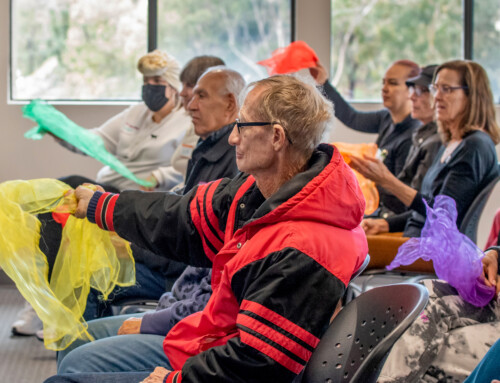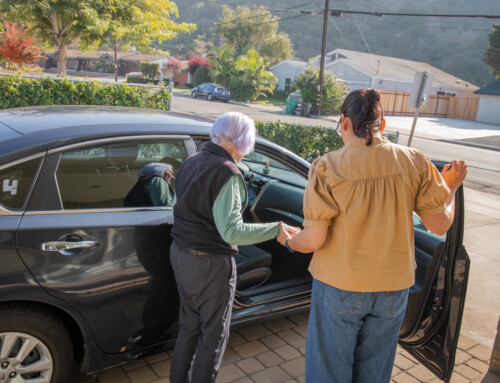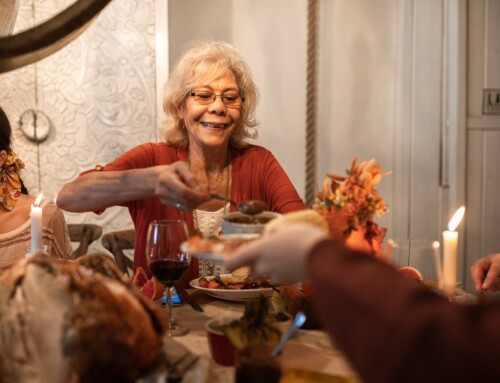What causes paranoia in people with dementia?
People with dementia may become suspicious of or frightened by others. This suspicion or fear may even be directed at those who love and care for them. Changes in the brain can cause them to see the world differently. Things that were once familiar to them might appear strange or confusing. They might even accuse others of stealing or lying to them. It is important to try not to take this common behavior personally and learn these tips to handle paranoia in people with dementia.
People with Alzheimer’s or dementia might:
- Lose an item and think it was stolen.
- Forget a previous conversation and think that they have been lied to.
- Feel a romantic partner is treating them differently or think that they are having an affair.
- Be unable to distinguish what is real and what is imagined.
What can you do?
Be Comforting
- Stay calm and use a gentle voice.
- Don’t argue… the situation is very real to them.
- Let them know they are safe, and everything is okay.
- If appropriate, hold their hand or give them a hug.
Try Distraction
- Offer a favorite food to eat or activity to do.
- Help them look for missing items and discuss what you may find along the way (photos, objects around the house, books, etc).
- Take them for a walk outside or to another room.
- Talk about something they value and find important (friends, family, music, hobbies, etc).
Make the environment calm and familiar
- Keep extra items that are often lost like wallets, keys, jewelry.
- Keep their space quiet and calm.
- Surround them with things they remember and cherish.
- Turn off the TV or radio if a show or the news are upsetting.
- Re-introduce yourself and others as often as needed.
- Play music they associate with good memories.
Other General Tips
- Keep notes to describe the paranoia and share with the doctor.
- Have legal documents ready for the police in case of an emergency (ex: if someone with dementia wanders out into the community due to paranoia). These papers should show the person’s diagnosis, your relationship, power of attorney, etc.
- Remember that sometimes items really do get stolen.
For more information on dementia and personalized support, call us at 858.492.4400 to speak with one of our Dementia Care Coaches who are here to help San Diego County residents and/or those caring for someone living in San Diego County (Spanish speakers available). Also check out our free education classes, social activities, caregiver support groups, & more.
RECOMMENDED: Is it Normal Aging or Alzheimer’s?
Updated on May 22, 2025






